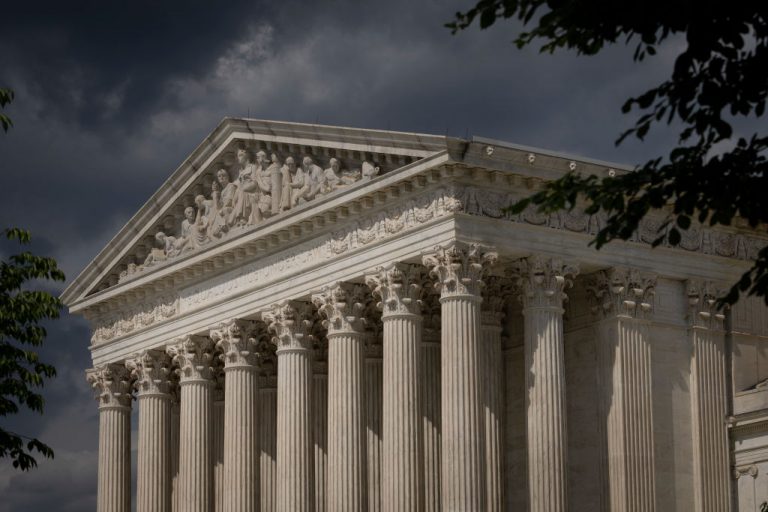The United States Supreme Court has agreed to hear an appeal by the State of Mississippi regarding a lower court’s ruling reversing the state’s ban on certain abortions.
The case was triggered by the 2018 Gestational Age Act passed by Mississippi, which restricted abortions in case the pregnancy exceeded 15 weeks. The only exceptions to the rule were medical emergencies or severe fetal abnormalities.
However, when the case went to Federal Court, Judge Carlton Reeves struck down the law, saying that Mississippi had knowingly passed an “unconstitutional” law that was “fueled by interest groups” to “overturn Roe vs Wade.” The 5th U.S. Circuit Court of Appeals upheld Reeves’ ruling.
Eventually, the Mississippi Attorney General filed the petition with the high court to consider the constitutionality of law. She asked the court to resolve contradictions as to when fetal viability begins, as well as scrutinize abortion restrictions.
While accepting that it would hear the case, the court limited its scope specifically to the first question posed in the petition, “Whether all pre-viability prohibitions on elective abortions are unconstitutional.”
Success
You are now signed up for our newsletter
Success
Check your email to complete sign up
By taking up the case, the Supreme Court will be putting its landmark 1973 Roe v. Wade precedent, as well as a 1992 Planned Parenthood v. Casey ruling on the line, which are both critical to America’s present abortion laws.
In Roe vs Wade, the Supreme Court made abortions legal all throughout the United States, holding that a woman’s right to privacy also includes her decision whether or not to terminate her pregnancy.
In Planned Parenthood vs Casey, the court ruled that states cannot impose any significant restrictions on abortions before the fetus becomes viable for life outside a woman’s womb Although the ruling did not specifically state when the fetus should be considered viable, it suggested that the viability was somewhere around the 24th week of pregnancy.
In the Mississippi case, the state argues that the 2018 Gestational Age Act was passed to protect the “health of mothers, the dignity of unborn children, and the integrity of the medical profession and society.” The petition makes the following claims in support of state law:
- Surgical abortions after 15 weeks is risky to mothers. The possibility of a pregnant woman dying due to abortion at 16 to 20 weeks is 35 times greater when compared to someone who is only 8 weeks pregnant. The relative risk of mortality “increases by 38 percent for each additional week at higher gestations.”
- A human fetus develops neural circuitry capable of detecting and responding to pain by 10 to 12 weeks after a woman’s last menstrual period. By 14 to 20 weeks, the fetus develops spinothalamic circuitry capable of supporting “a conscious awareness of pain.”
The petition also argues that viability is “not an appropriate standard” to assess the constitutionality of abortion laws. The Supreme Court will hear the case in October.
Supreme Court composition
Supreme Court Justice Anthony Kennedy, a centrist conservative who supported abortion rights, retired in 2018. Justice Ruth Bader Ginsburg, a major advocate for reproductive rights, died in September 2020.
During his time at the White House, former President Donald Trump appointed three conservative Supreme Court Justices – Neil Gorsuch, Brett Kavanaugh, and Amy Coney Barrett. As such, the Supreme Court now has a theoretical 6-3 conservative majority.
In an interview with Newsmax, Mississippi Governor Tate Reeves, a Republican, dismissed Democrat criticism that conservatives are pushing for abortion restrictions because Trump placed three conservative justices in the Supreme Court.
He said that the reason SCOTUS decided to hear the case is “not because the court has changed, but because the science has changed.”
“The facts are that Roe v. Wade was decided in 1973. The Casey case was decided in 1992… We know so much more about the development of young, unborn children today than we did in 1992, much less 1973. And so we think it’s long past due that the court takes a look at the fact that the science has changed, and it is time to review of their decision,” he said on the show.















